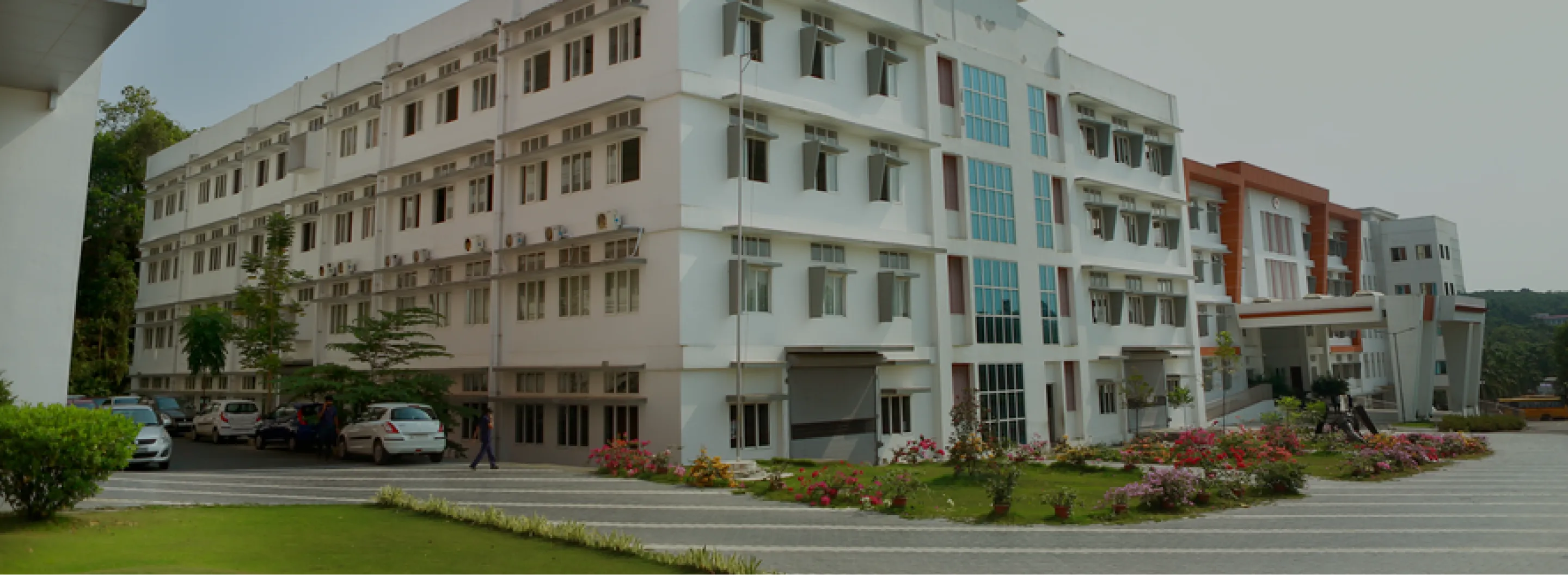


The motto of the IQAC is to achieve quality through continuous improvement with cooperation of all stake holders. It will channelize and systematize the efforts of the University towards academic excellence.
| Sl. No. | Name | Designation | Responsibility |
| 1 | Dr. Neelakantan P. C. | Principal – MITS | Chairperson |
| 2 | Dr. Madhu G. | Professor, Dept. of Safety & Fire Engg., SOE,CUSAT | Professional Body Representative- Exe. Committee Member – IE State Centre |
| 3 | Mr. Rajeeth P. C. | Head, HR, NeST Group | Industry Representative |
| 4 | Fr. Viju Elias | Vicar, Varikoli Church | Local Society Representative |
| 5 | Dr. Chikku Abraham | Vice Principal- MITS | Executive Member |
| 6 | Dr. Shajimon K John | Dean Academics-MITS | Executive Member |
| 7 | Dr. Manoj Kumar K | Professor (ME) -MITS | IQAC Coordinator |
| 8 | Ms. Rema Devi M. | Professor (CE) – MITS | Department Representative |
| 9 | Ms. Jincy P Mathai | Assistant Professor (BSH) – MITS | Department Representative |
| 10 | Ms. Jis Kuruvila | Assistant Professor (MCA) – MITS | Department Representative |
| 11 | Ms. Asha Raj | Assistant Professor (CS) – MITS | Department Representative |
| 12 | Mr. Tony Mathew | Assistant Professor (EEE) – MITS | Department Representative |
| 13 | Dr. Prathibha Sudhakaran | Assistant Professor (EC) – MITS | Department Representative |
| 14 | Mr. Prisley Varghese | Assistant Professor (ME) – MITS | Department Representative |
| 15 | Dr. Priya C V | Assistant Professor (AI&DS) – MITS | Department Representative |
| 16 | Mr. Benson Benny | Alumni – 2015-19 Batch (ME) | Alumni Representative |
| 17 | Mr. Christian John Varghese | Student – 2022-26 Batch (CSE) | Student Representative |
The IQAC@MITS is dedicated to fostering a culture of academic excellence and continuous improvement in our institution. Our aim is to achieve the highest standards of quality in education, research, and all aspects of our operations.
Formulating and implementing quality policies & procedures aligned with the vision and mission of the institution. Establishing mechanisms to ensure compliance with quality standards.
Conducting regular internal audits to evaluate the quality and effectiveness of academic and administrative processes. Identifying areas for improvement and recommending corrective actions.
Preparing for and participating in accreditation processes by external accrediting bodies is a significant quality initiative. IQACs ensure that the institution meets the standards set by these bodies.
Gathering feedback from stakeholders to assess the quality of education and services provided by the institution. Analyzing the feedback to identify areas of improvement and implementing necessary changes.
Organizing workshops, seminars, and training programs to enhance the knowledge and skills of faculty members.
Fostering a culture of continuous improvement where all stakeholders are encouraged to contribute to the enhancement of quality.
Collaborating with other institutions and sharing best practices to learn from and contribute to the wider educational community.
Ensuring that student support services, such as counseling, career guidance, and placement assistance, are provided effectively.
IQAC promote innovative teaching and learning methods, such as the use of technology, active learning strategies, and student-centered approaches to improve the quality of education.
IQAC conducts regular reviews of the curriculum to ensure it meets the academic and industrial standards. Feedback from students, faculty, and industry experts are also considered during this process.